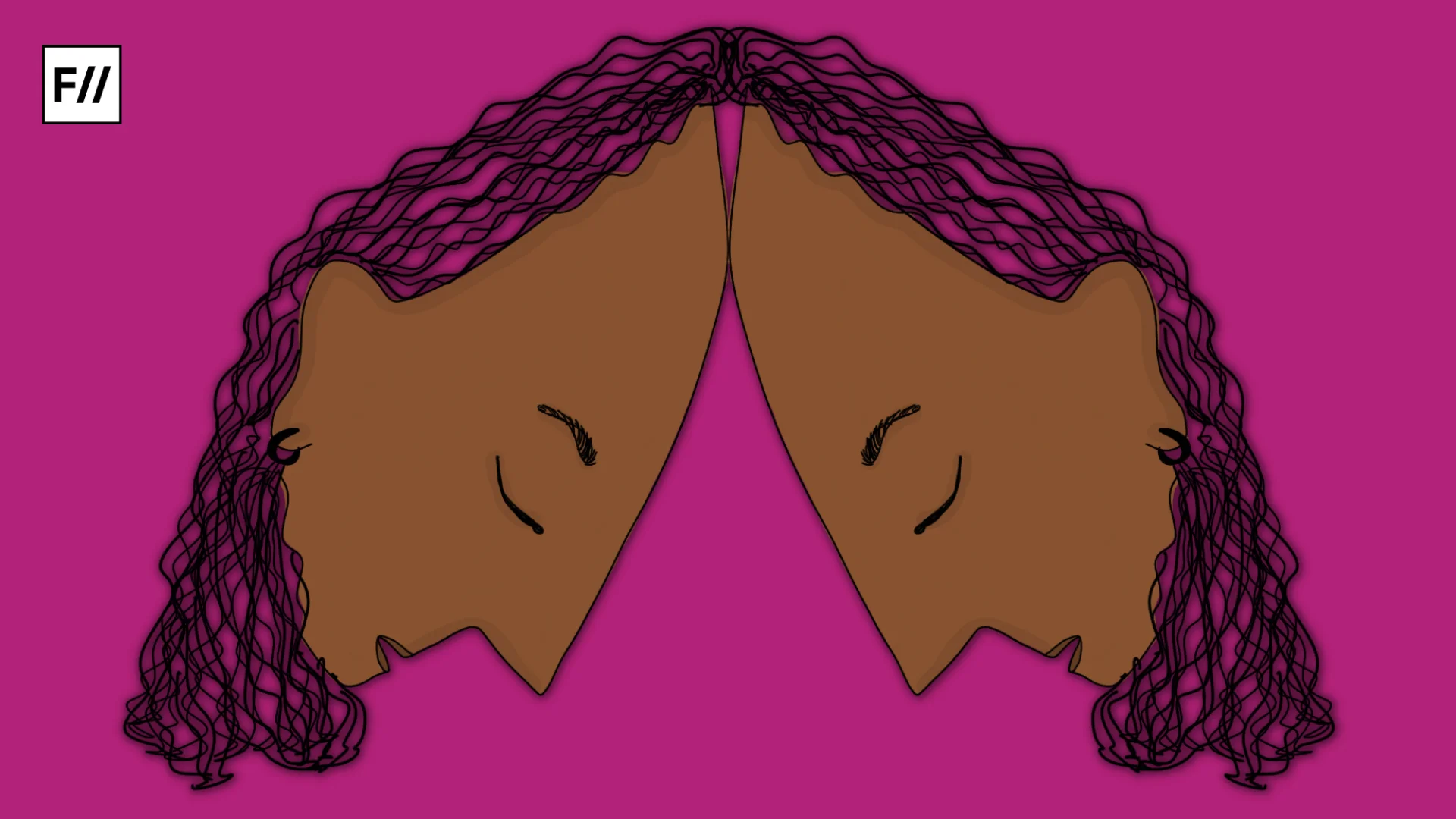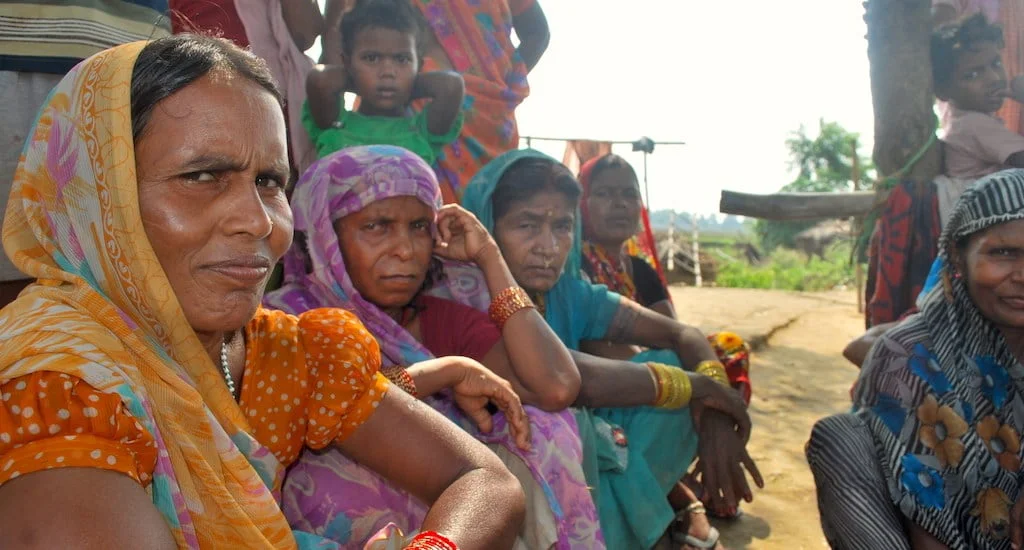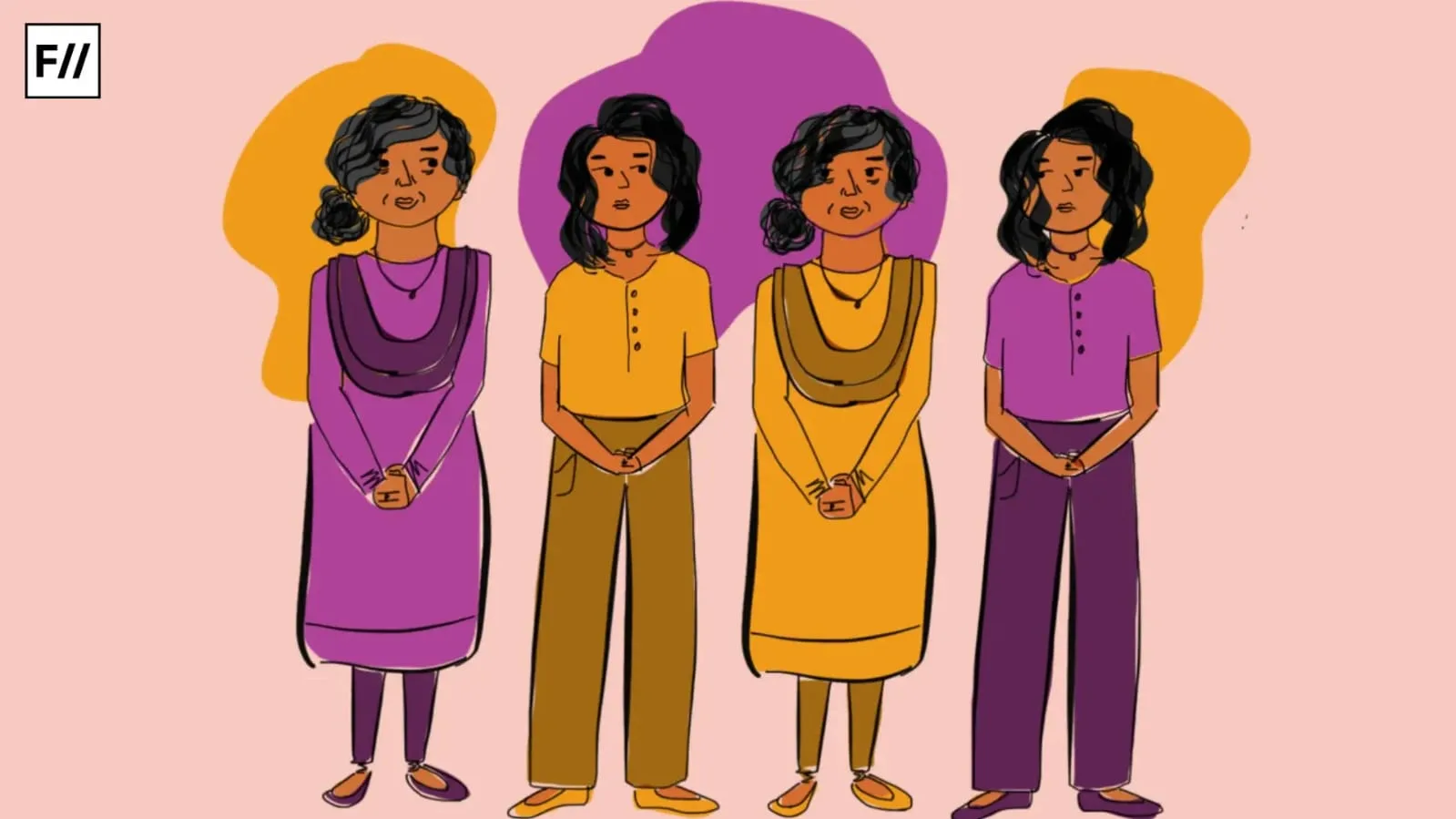According to a report by American Psychological Association ( APA), over 6 million men suffer from depression, a mental health issue, every year, however it often goes under-diagnosed. Simon Rice, John Oliffle et al. (2021) conducted a research which suggested that globally, the rate of male suicide is two to four times that of women and males perform poorly on indices of substance misuse, risk taking-related injury, violence and aggression.
The minimisation of the importance of male suicide to the point of near-invisibility can be seen in the phrase ‘Men construct more lethal methods because they are better at DIY‘ stated by Martin Seager and John A. Barry in their book The Palgrave Handbook Of Male Psychology and Mental Health. The authors are commenting on the observation that men tend to use techniques that have a high probability of causing death compared to women.
With reference to India, this is supported by statistical evidence showing higher suicide completion rates among men.
With reference to India, this is supported by statistical evidence showing higher suicide completion rates among men. The National Crime Records Bureau report released by the Ministry of Home Affairs, lately on Accidental Deaths and Suicides in India (ADSI) 2022, stated the overall male:female ratio of suicide victims for the year 2022 to be 71.8:28.2,which is slightly less as compared to year 2021 i.e 72.5:27.4 but the number still remains high for the country.
Historical ignorance
The male mental health crisis does have its roots from history and is not new to the 21st century. Historically, ‘men at war’ a prominent phrase, shows that since kingship till civil wars and world wars, men were meant to protect and fight everyone around keeping their mental health at stake. There are instances in history showing how males experienced severe mental conditions but remained silent.
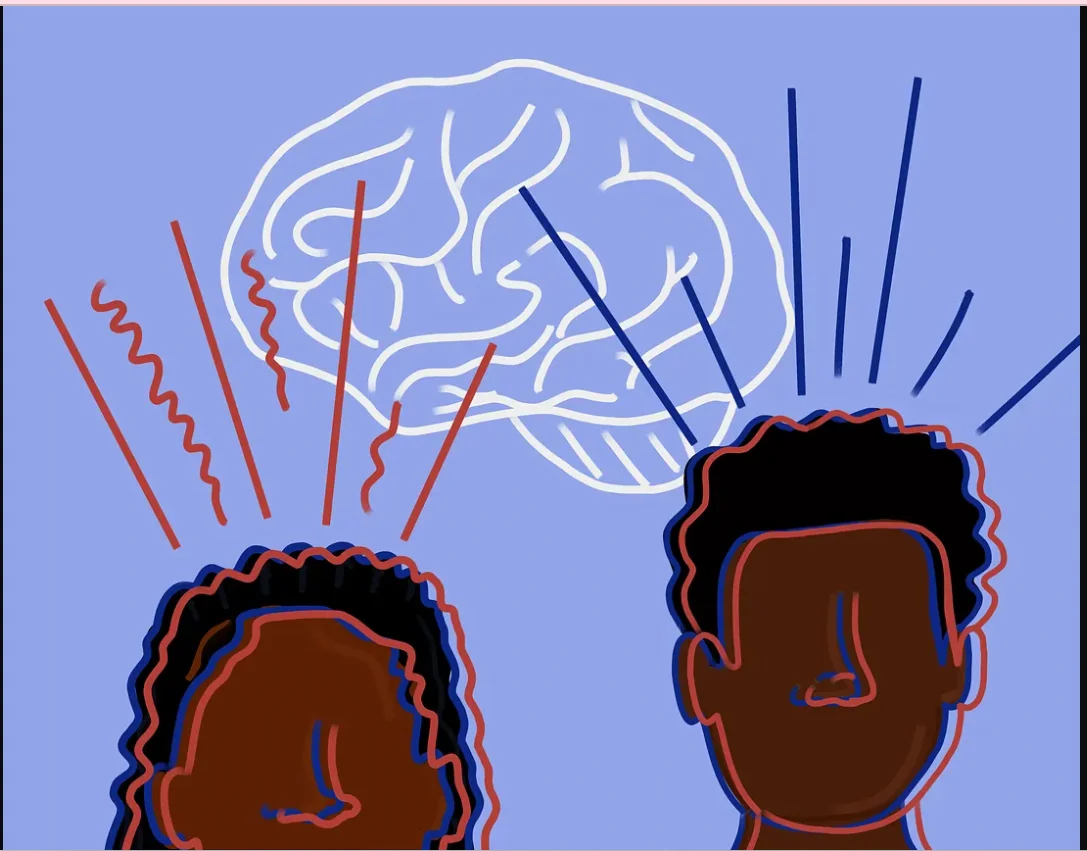
Adolph Hitler, the most prominent dictator in history himself suffered from depression but never believed to share it because vulnerability was considered as a weakness back then, much like even in the present day, which shows that cultural norms and stereotypes about masculinity have been deeply ingrained over time.
‘History teaches valuable lessons, and those who ignore it are doomed to repeat it. Historical expectations of men, when unmet by modern individuals, can lead to self-doubt and confusion. Wars made the people and destroyed them too, leaving unforgettable impacts on their minds. For instance, Ashoka the Great, after the devastating Kalinga War, felt such profound guilt that he abandoned his warrior duties and embraced Buddhism.’ says Nikhil Aggarwal, a student at NIT Kurukshetra.
Inherited patriarchy
India has traditionally been a male-dominated society, which has significantly impacted men’s mental health. This dominance comes with various societal expectations, and failing to meet them can lead to men being labelled as socially unfit as per the existing gender stereotypes.
‘I believe the root causes of male mental health issues are societal expectations which over time have pressured males to be strong, stoic and self-reliant along with the existing norms of toxic masculinity. The line ‘ladkion ki tarah roya mat kar’ (don’t cry like girls) is just one example of how society treats males‘ says Aayan Ahmed, a third year student at the prestigious Delhi University.
Men often lack platforms to learn about the challenges they will face in life, whereas women are typically educated about these issues.
This situation also underscores the issue of conditioning males to be inherently aggressive. Men often lack platforms to learn about the challenges they will face in life, whereas women are typically educated about these issues. As they grow older, boys may feel uncomfortable sharing their feelings, emotions, and difficulties with their mothers, and hesitate to discuss these matters with their fathers due to similar traditional conditioning of their fathers.
‘The problem with the patriarchy as any social hierarchy is that it affects everyone even when it shouldn’t. Any social or gender based hierarchy which undermines others and puts weight on the shoulders of one will affect both the sides negatively. Has it done no good to men? It probably has done as much good as harm.’ says Anshuman Sharma a student at Manipal University.
Male mental health and the institution of marriage
Marriage in India is a social institution of extreme importance. It is much more than a variety of close personal affiliation uniting two partners, but is rather based on certain foundations. Most often it is not a free personal choice but is an arranged relation between two families; the maturity of the partner is not an essential requirement for marriage, and marriage encompasses a heterosexual relationship.
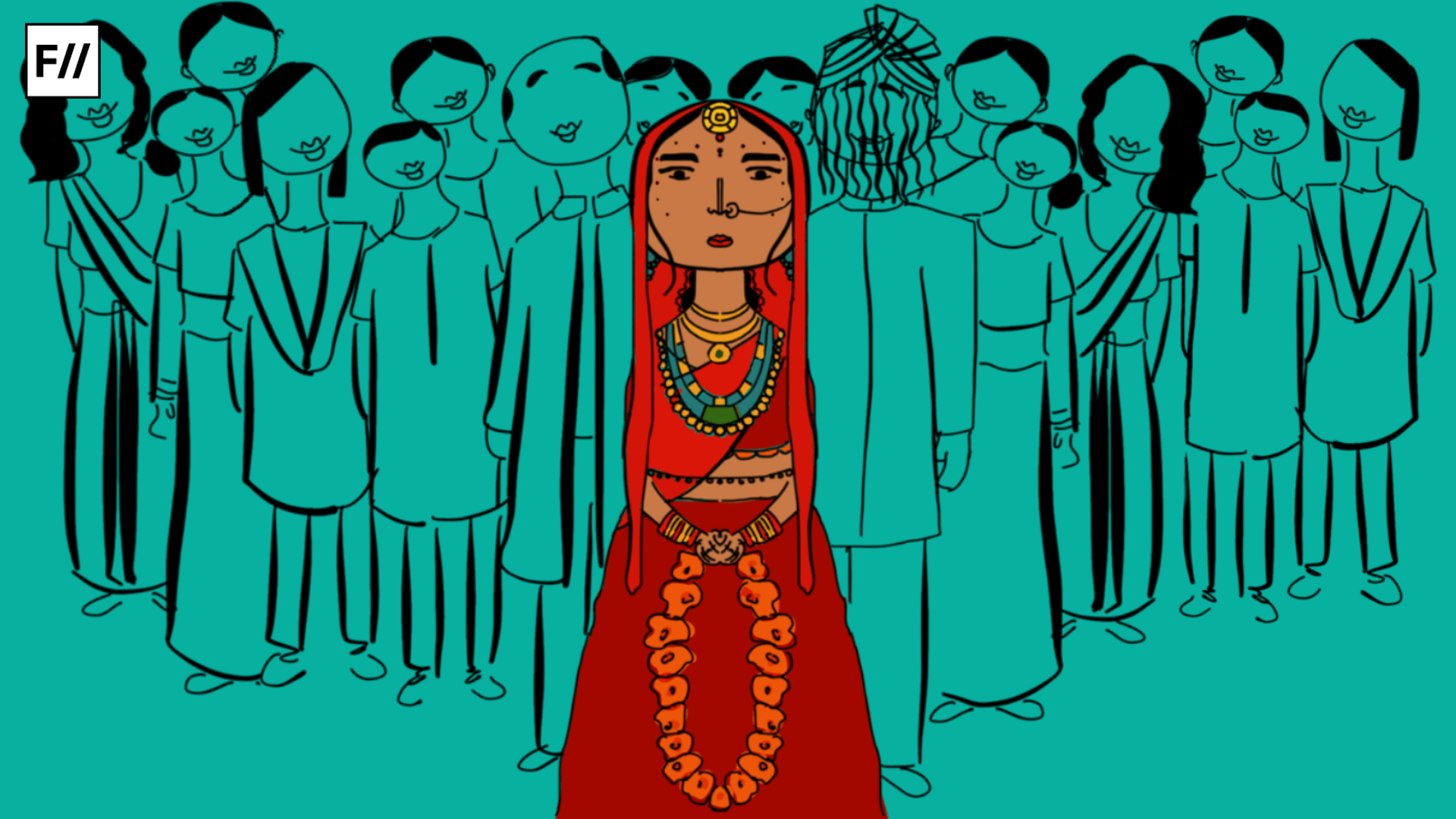
The husband is considered the head and principle earner of the family; sexual fidelity and monogamy of both husband and wife are represented as marital ideals. Society exerts great pressure on both sexes where most people marry without thinking about their personal choice.Therefore in many cases men are not able to get together with their spouse leading to persistent depressive disorder. Formerly known as dysthymia, is a mood disorder that is characterised by a milder but more chronic form of depression.
‘In marriage, we expect a man to be understanding. His duties are considered “obvious”, his mental health goes unnoticed, and the socially accepted notion which says that males are the breadwinners of the family and have to earn more than his spouse may lead to increased stress and anxiety among men‘, says Gurpal Gaba, a counselling psychologist based in Delhi-NCR.
The popular quote by Bryce Spencer-Jones, ‘Men receive their first flowers at their funerals,’ highlights how society deeply shapes men’s behaviour. Often, young boys are taught to suppress their emotions rather than acknowledge them, leading to men who appear strong and silent externally but suffer internally. This lack of vulnerability and fear of societal judgement prevents them from expressing their true feelings.
Media as an enabler of the male mental health crisis
The phrase “man up” may seem like a harmless way to encourage a man to take responsibility, be strong, or show less emotion, but it suggests that these traits are gender-specific. It implies that a person’s behaviour can determine how much of a “man” they are, a concept that has long outlived its usefulness, assuming it was ever useful at all. ‘Use “grow up” instead of “man up”‘ says Piers Morgan.
Men are often portrayed as strong and heroic in films, web series, and TV shows, influencing the audience significantly.
Men are often portrayed as strong and heroic in films, web series, and TV shows, influencing the audience significantly. This portrayal perpetuates societal stigmas, as evidenced by the fact that non-traditional careers and caregiving roles are predominantly filled by women, while men are more likely to work in the most challenging jobs, such as offshore work and ice road rescue missions.
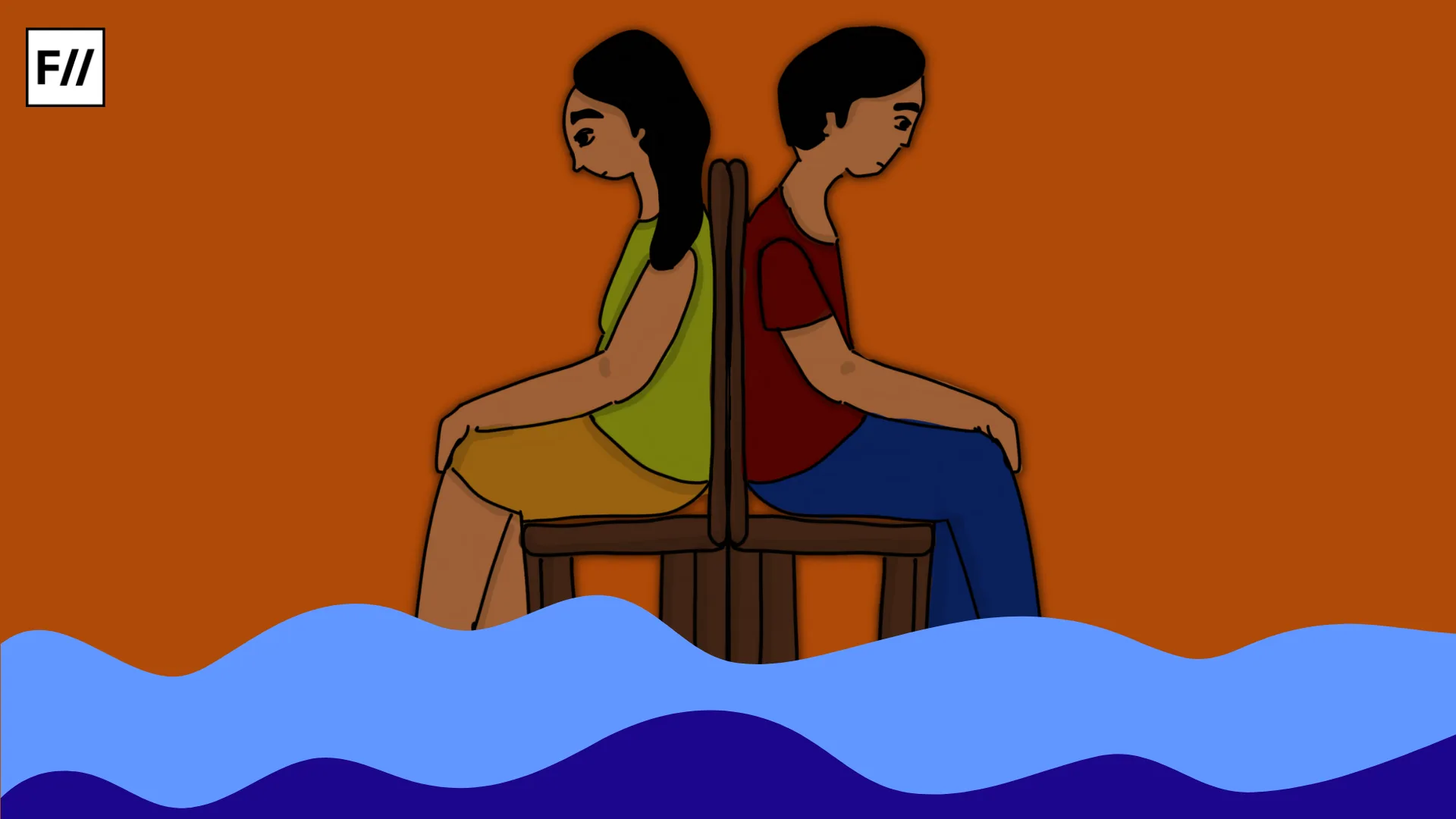
‘The phrase “brave men never cry” testifies to how male mental health remains a stigma even today,‘ says Kunal Sharma, a student at Delhi University.
The need of the hour
‘Recognising and accepting the higher rate of suicide in men is the first and utmost important step towards respecting male mental health‘ says Guneet Kaur Arora, an aspiring psychologist.
Addressing men’s mental health requires a multifaceted approach: community involvement, education, stigma reduction awareness, and policy lobbying. Public awareness campaigns and educational initiatives should use media and be implemented in communities, businesses, and schools.
Prominent activists sharing their stories can normalise mental health discussions. Challenging gender norms and using inclusive language reduces stigma. Expanding access to tailored mental health programs, including mental health days and Employee Assistance Programs. Establish peer support groups and community-based programs is important for stress relief. Supporting research can inform policies and programs to meet men’s specific mental health needs
Kalpana Srivastava, a consultant clinical psychologist and psychotherapist scientist says ‘Although women are more prone to anxiety, depression, and other mental illnesses, suicide rates are higher among men which is largely due to men self-medicating and bottling up their emotions indicating poor coping skills. Men are more likely to engage in substance abuse, which can lead to self-harm, and they often exhibit a much greater suicidal intent than women.’
